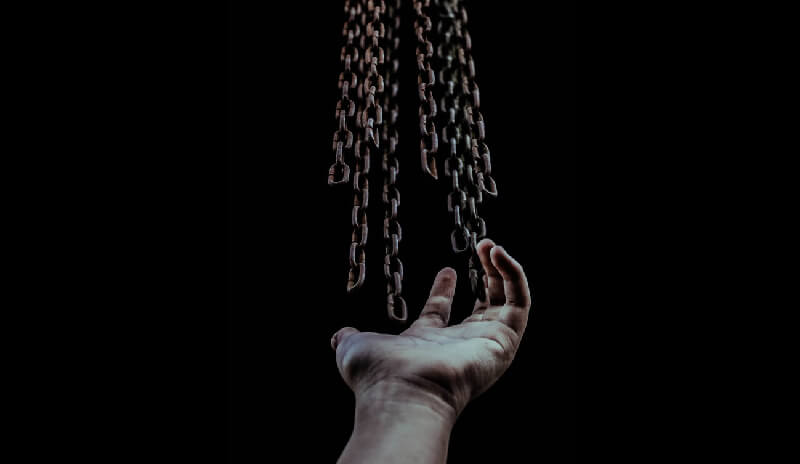Aloe Vera Extracts Market Comprehensive Study Explores Huge Growth 2026 | Future Market Insights
Apr 20, 2021 (MarketersMedia) --
Aloe Vera Extracts Market: Inclination Towards Natural and Healthy Products Due To Associated Health Benefits Growing: Global Industry Analysis and Opportunity Assessment, 2016 – 2026
The Aloe Vera Gel Market is expected to expand at CAGR of 7.8% by value and 7.3% by volume through 2027. APAC region dominates the gel market with a CAGR OF 8.8% with skin care segment set to expand at 8.5% in the forecast period. In consideration of region, India and China stands at a higher pedestal in production and consumption of Aloe Vera gel.
“Improving standards of living and inclination towards organic supplements has surged the demand for Aloe Vera lately. Key companies are working hard and launching unique products to grasp the potential opportunities that are popping-up in this market,” states the FMI Analyst.
Aloe Vera Gel Market – Important Highlights
Improving lifestyle in the Asian-Pacific region is surging the demand and supply of aloe vera.
On the basis of end-use, skin care segment is expected to hold the highest market share of 44.4% due to the rising interest in plant-based products and cosmetics.
North-America tops the list in supplying raw-materials and end-products globally.
Organic segment and products expected to hold major sway with a value of US $ 160.8 million.
Aloe Vera Gel Market – Critical Factors
Wide range of health benefits and uses in making of herbal cosmetics promotes revenue generation.
Rising awareness on personal care and the desire to look attractive has paved a proper way for the market to expand production.
Manufacturing of gel-based products and the opportunities that it is presenting, is promoting players to invest into it.
High medicinal benefits, advanced availability in organic food industry, pharmaceutical companies, retail stores and natural ingredients has driven the market share.
Aloe Vera Gel Market – Key Restraints
Artificially grown Aloe Vera’s gel has harmful fertilizers which can reduce consumption.
Raw materials for the production of gel is not easily available in all regions of manufacturing, thereby, increasing trade cost.
Expected Impact on Market by Coronavirus Outbreak
The pandemic has surely affected production because raw materials were not available and trade was at a halt due to strict lockdown all across the globe. This industry will continue to flourish because the reliance on plant-based products has increased and people are now more dependent on organic products than ever before. North America, being the greatest producer of raw materials is estimated to witness increased production.
Competition Landscape
North America accounts for a leading share of the aloe vera gel market, followed by Asia Pacific. On the basis of region, Europe, Eastern Europe and Latin America are showing high consumption and production. Aloe Vera is largely grown in Mexico, China and India, and all of it accounts to the highest market share. Economic factors and improvement in lifestyles has paved the path for market expansion in Asia-Pacific regions.
The Aloe Vera Gel Market is expected to expand at CAGR (Compound Annual Growth Rate) of 7.8% by value and 7.3% by volume through 2027. APAC region dominates the gel market with a CAGR OF 8.8% with skin care segment set to expand at 8.5% in the forecast period . In consideration of region, India and China stands at a higher pedestal in production and consumption of Aloe Vera gel.














